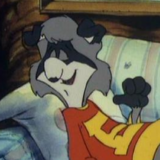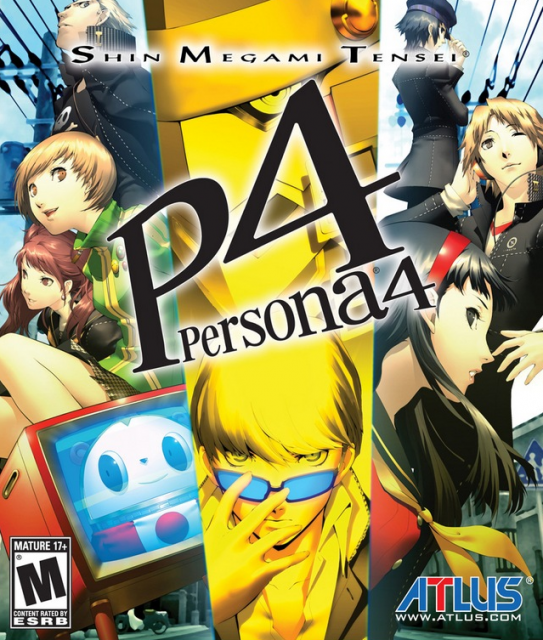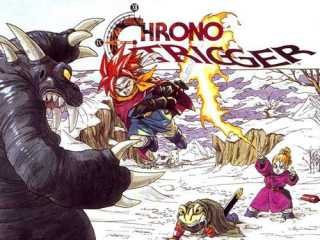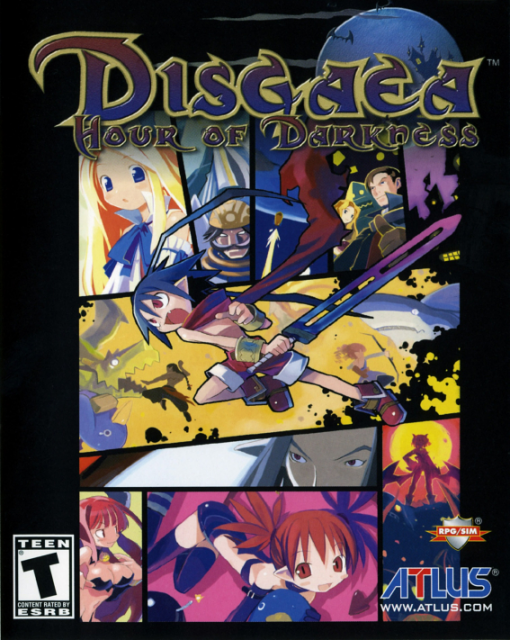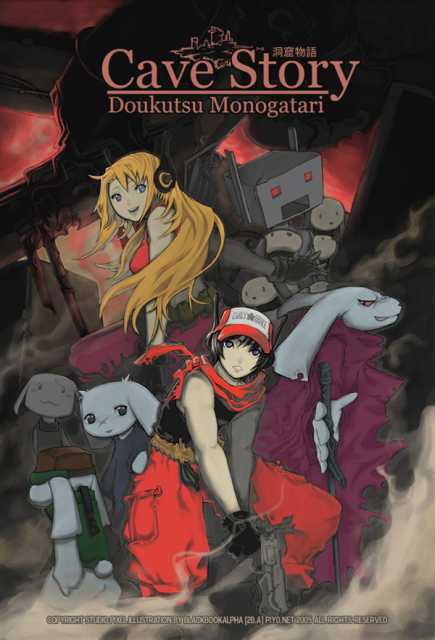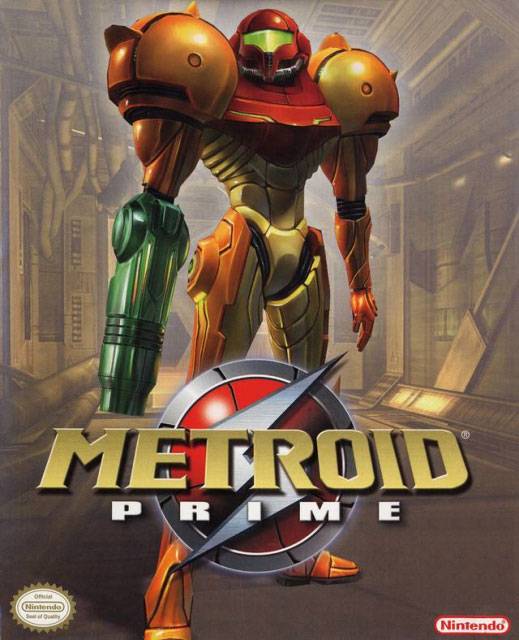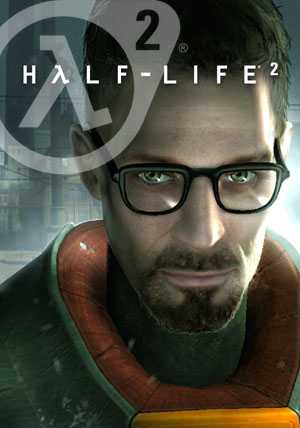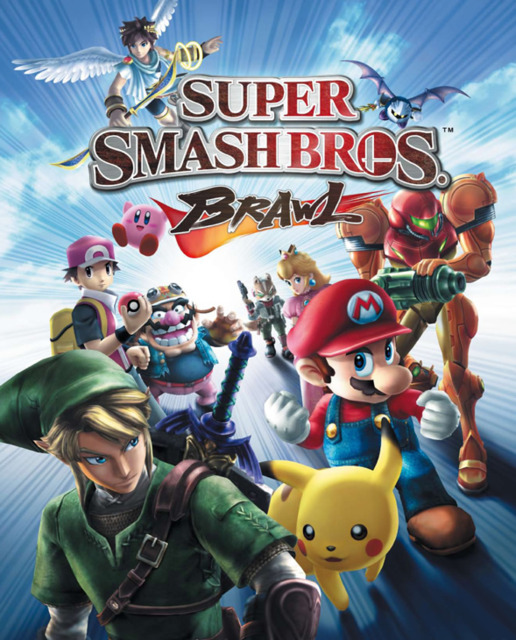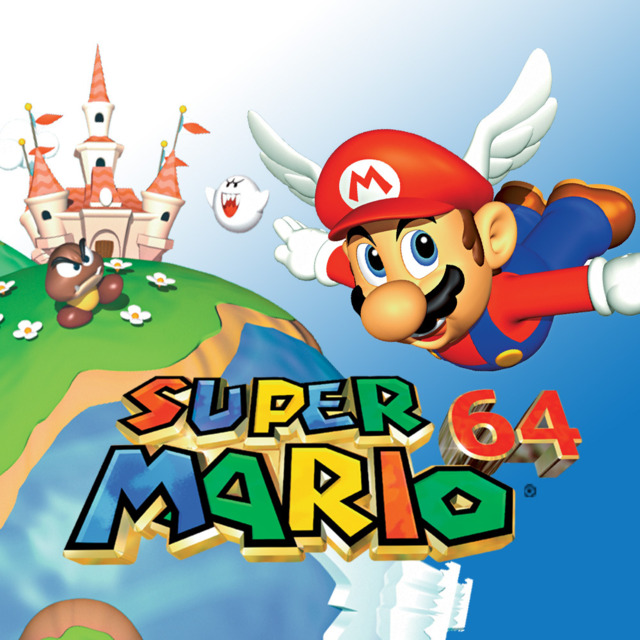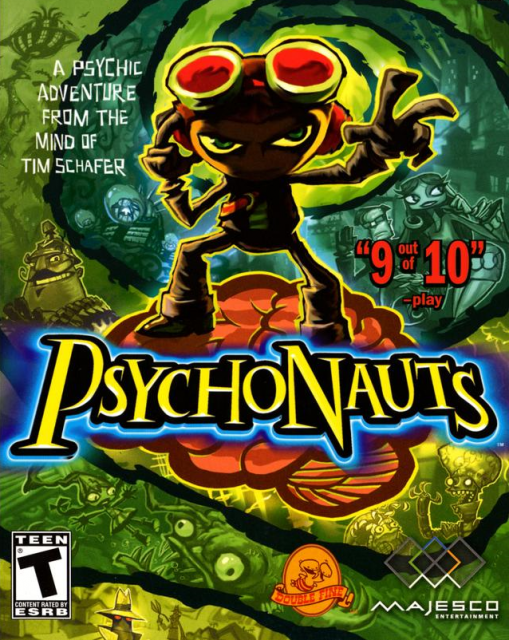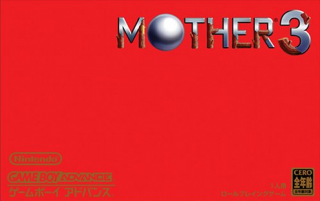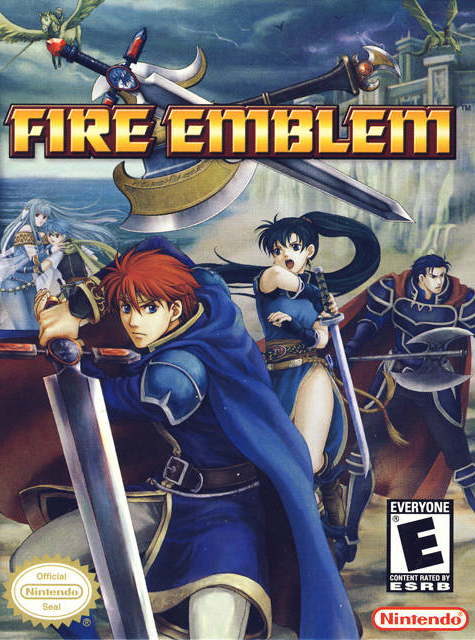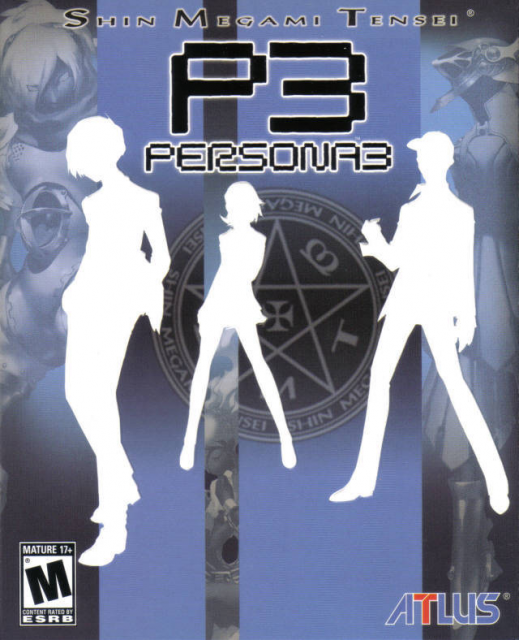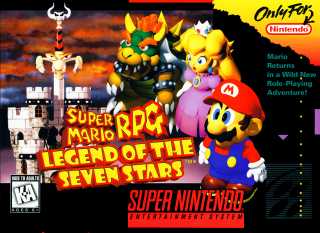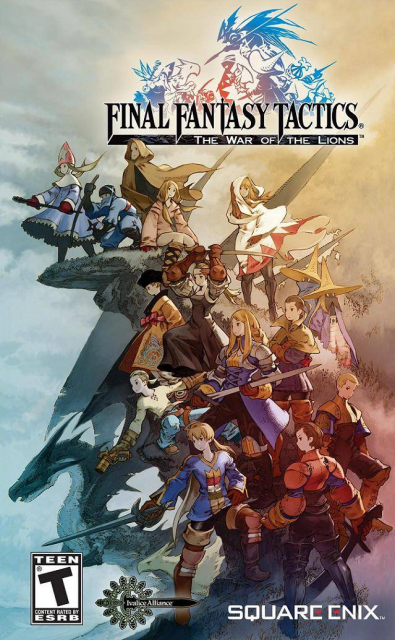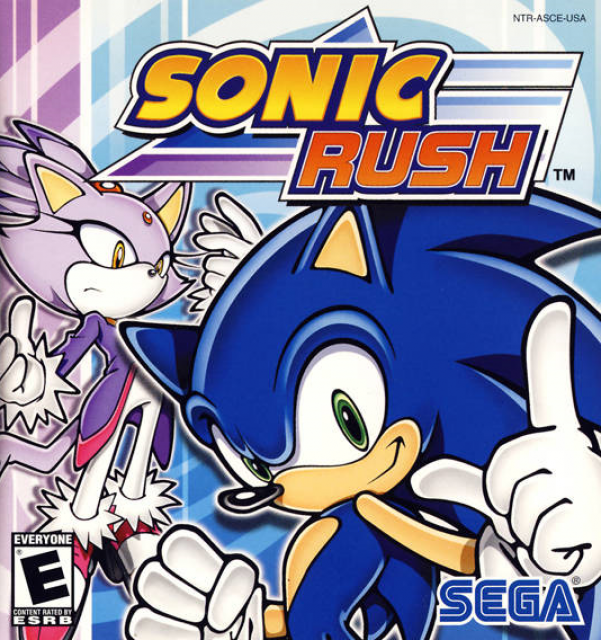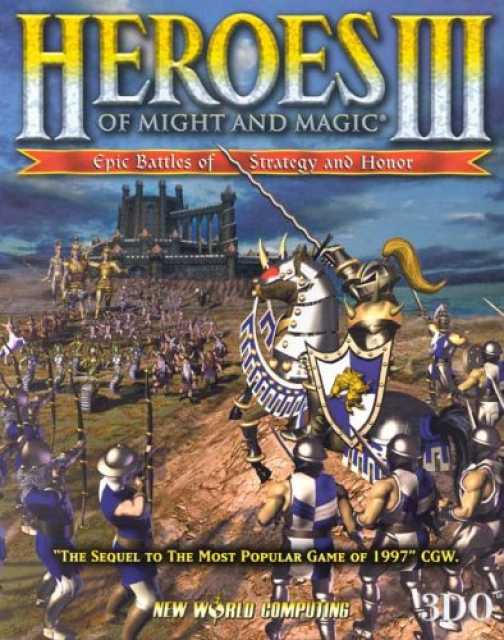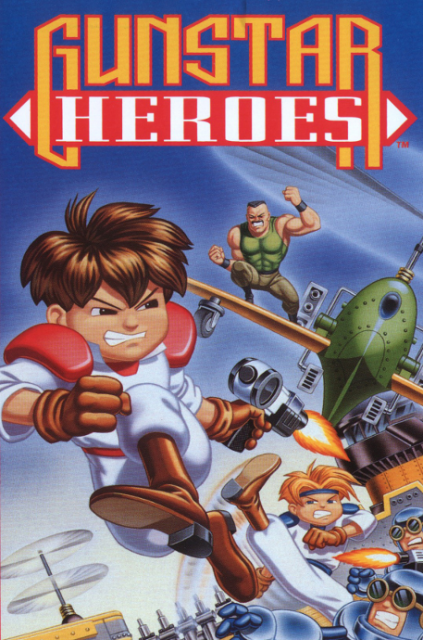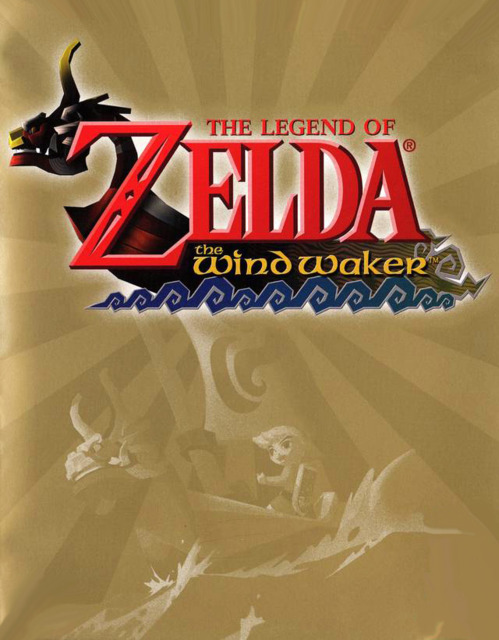Top 20 Favourite Games (Circa 2010)
This is a list I made in January of 2010. Being nearly three years old, I cannot with confidence say I share this opinion, but I want to copy it out for "historical preservation". Which basically means I like to look through these time to time and I keep on fucking forgetting them.
I was also able to grab the descriptions I wrote up three years ago as well, much to my embarrassment. The way I approached this sort of thing is that there are hundreds, thousands, millions of reason why I love these games the most, but I could always grab a solid reason and write up a paragraph about it. So I start each game with the basic reason why I love the game and an expansion of why it was so special.
And that's it! Enjoy!
